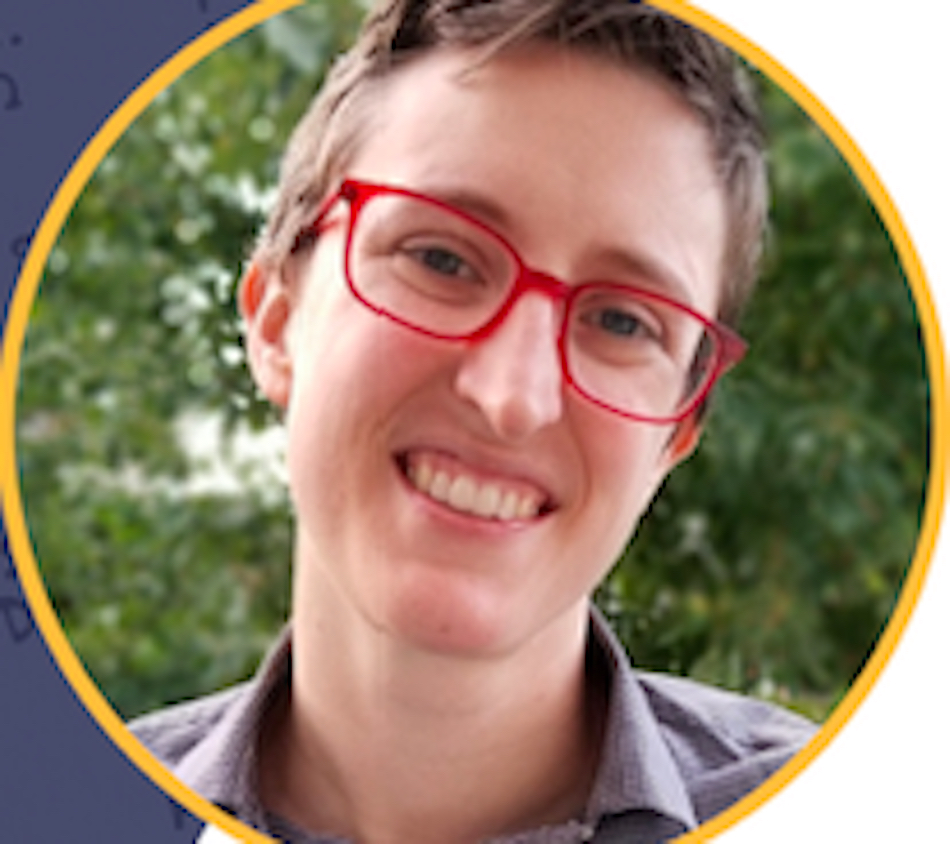Reframing the Work of Dictionaries with Revitalization Lexicography
June 6, 2022, 12:00 pm to 12:00 pm
Join this seminar by Dr. Patricia Anderson entitled, 'Reframing the work of dictionaries with revitalization lexicography' on Monday, June 6th, 2022. The seminar will be preceded by a free lunch. Contact organizer Mark Turin with questions.
Both lunch and seminar will be held at the xʷθəθiqətəm or Place of Many Trees (formerly the Liu Multipurpose Room), Liu Institute, 6476 NW Marine Drive, entrance on West Mall. Lunch starts at 12:00pm with the seminar commencing at 1:00pm and running until about 2:30-3:00pm.
Abstract
This talk explores the ways in which revitalization lexicography can help reframe dictionary making as an anti-colonial and fundamentally Indigenous endeavor, reclaiming linguistic autonomy by leveraging the prestige and authority that draws communities undertaking revitalization to dictionary making in the first place.
Dictionaries are often seen as key resources in the toolbox of language revitalization efforts. Whether intended for the classroom or at home, it is imagined that dictionaries will not only convey how to communicate in a language but also serve as reference works that document cultural and social practices embodied by language.
Once communities begin working on a dictionary, they often find that the medium does not entirely suit the goals of revitalization. From well-documented issues, such as a Eurocentric approach to headword determination, to philosophical discussions on how dictionaries embody language ideology, the rubber-meets-the-road process of dictionary making in a minoritized language context has its own challenges because today’s “modern” dictionaries are steeped in the colonial legacy of the genre’s inception.
Speaker bio
Patricia M. Anderson holds a PhD in linguistic anthropology from Tulane University. She is an active member of the Tunica Language Project and head lexicographer of the New Tunica Dictionary. Her research focuses on language revitalization in Native North America and the intersection of language revitalization and technology. She is especially involved in leveraging everyday technology to encourage learner creativity and community empowerment in language revitalization efforts. She is the author of Revitalization Lexicography: The Making of the New Tunica Dictionary https://uapress.arizona.edu/book/revitalization-lexicography
